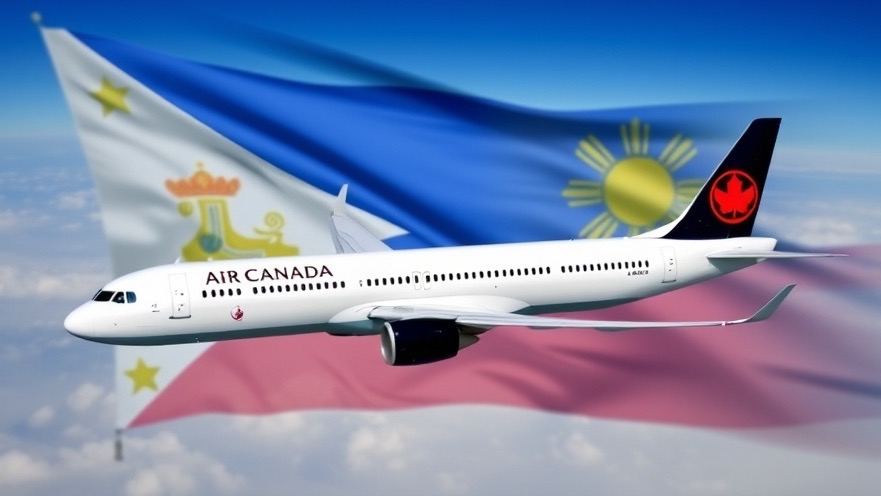
Canada has just made travel between Canada and the Philippines easier than ever with the launch of its new non-stop flights connecting Vancouver and Manila.
This exciting development strengthens the airline’s presence in Southeast Asia while supporting Canada’s broader Indo-Pacific strategy.
Strengthening Ties Between Canada and the Philippines
The first flight of this new route, AC017, took off from Vancouver International Airport (YVR) in the early hours of April 2, landing in Manila at 6:20 AM local time on April 3. The launch was celebrated with special events at Air Canada’s YVR Pacific hub, marking a significant milestone for both the airline and the Filipino-Canadian community.
As the only Canadian carrier offering direct flights to the Philippines, Air Canada aims to provide a seamless travel experience for passengers visiting family, conducting business, or exploring the vibrant culture of both nations. With over one million Filipinos residing in Canada, this route enhances connectivity, trade, and tourism between the two countries.
“We are proud to be the only Canadian carrier flying to the Philippines, building on the longstanding ties between our countries to make visiting family and friends, conducting business, or heading on vacation more convenient than ever,” said Mark Galardo, Air Canada’s Executive Vice President of Revenue and Network Planning, and President of Cargo. “Whether you start or end your journey at our Vancouver Pacific hub, or one of our conveniently connected network destinations, we are thrilled to welcome you onboard our newest Asia-Pacific flight.”
Air Canada’s Manila Flight Schedule
Vancouver to Manila (AC017)
April Schedule: Operates on Mondays, Wednesdays, and Fridays
From May 1, 2025: Operates on Tuesdays, Thursdays, Fridays, and Sundays
Departure: 1:55 AM (Vancouver)
Arrival: 6:20 AM (Manila, +1 day)
Manila to Vancouver (AC018)
April Schedule: Operates on Tuesdays, Thursdays, and Saturdays
From May 2, 2025: Operates on Mondays, Wednesdays, Fridays, and Saturdays
Departure: 9:25 AM (Manila)
Arrival: 6:20 AM (Vancouver, same day)
Expanding Air Canada’s Transpacific Network
With the addition of Manila, Air Canada now operates 12 transpacific routes from Vancouver, connecting travelers to major destinations across Asia, Australia, and New Zealand. These include Japan, South Korea, China, Hong Kong, Thailand, Singapore, and more.
Looking ahead to summer 2025, the airline plans to offer over 180 weekly flights between Canada and the Pacific region, further cementing its role as North America’s leading carrier for Southeast Asian travel.
For travelers seeking a faster, more convenient way to visit the Philippines, Air Canada’s new direct flights provide an exciting opportunity.
Whether reuniting with loved ones, conducting business, or embarking on a tropical adventure, this route makes the journey smoother and more accessible than ever.
 Add Row
Add Row  Add
Add 




Write A Comment